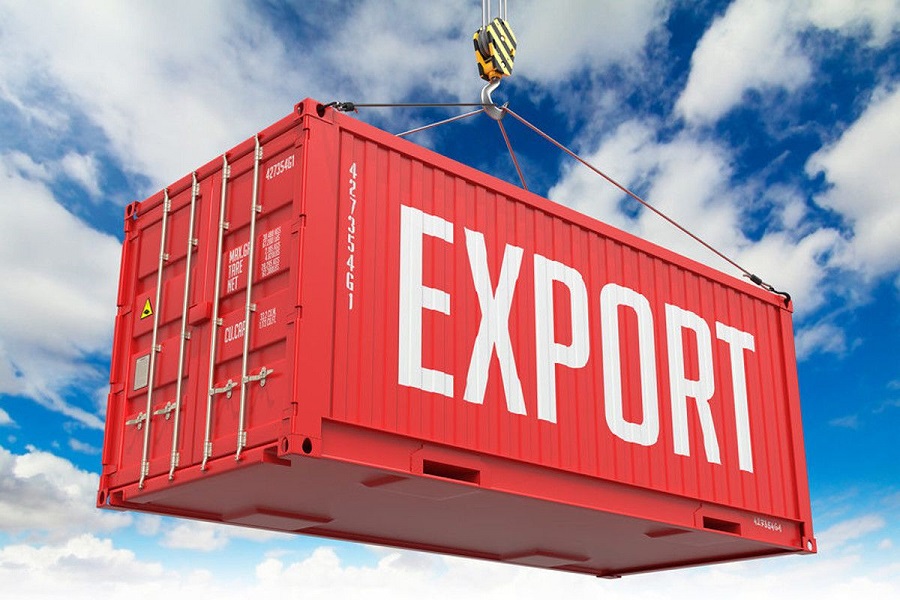Understanding Nigeria’s Export Process: A Guide for New Traders
Exporting from Nigeria can be an incredible journey, but only if you understand the process.
Too often, traders hit roadblocks: missing documents, delayed approvals, or failed shipments.
Why?
Because no one explained how it works, from the first registration to the final customs stamp.
This guide is for you, the ambitious exporter who wants to trade legally, confidently, and profitably.
Whether you’re shipping cocoa, leather, sesame seeds, or tech hardware, this is your compass.
Why You Need to Understand the Export Process in Nigeria
Nigeria offers abundant export opportunities. From agriculture to solid minerals, the global market is eager.
But here’s the catch: ignorance kills deals.
One missing form. One delayed inspection. One incorrect HS code.
That’s all it takes to ruin a transaction.
This guide provides a step-by-step breakdown of the export process, Nigeria-specific documentation, and tips to keep you moving.
Step 1 – Register Your Business with CAC and FIRS
Before you go global, your business must be local, legally registered.
You need:
- CAC certificate (RC or BN number)
- Tax Identification Number (TIN) from FIRS
- SCUML registration (for non-oil exports, in some sectors)
Tip: Get this right before approaching any bank or buyer.
Need help? Use All-In-One Nigeria’s CAC Registration Service
Step 2 – Obtain an Exporter’s Certificate from NEPC
To export officially, register with the Nigerian Export Promotion Council (NEPC).
Documents required include:
- CAC certificate
- Utility bill
- Passport photo
- Completed NEPC form
- Application letter
Once registered, you’ll get your Exporter’s Identification Number (EIN), your ticket to the ports.
Step 3 – Choose the Right Export Product and HS Code
Every export item must be classified under a Harmonized System (HS) code.
Why it matters:
- Determines taxes
- Determines inspection criteria
- Affects international pricing
Exporters often face delays due to incorrect codes. Use this step to consult experts or customs officers.
Tip: Use All-In-One Nigeria’s HS Code Advisory to avoid shipment issues.
Step 4 – Open a Domiciliary Account for Export Proceeds
Export payments must be made in foreign currency.
To comply, you need a domiciliary account in a Nigerian bank, tied to your NEPC number.
Your bank will also help issue the mandatory NXP Form, used to declare exports.
Without it, your goods won’t leave the port.
Step 5 – Obtain the Nigeria Export Proceeds (NXP) Form
This form is issued by your bank and submitted through the CBN’s Trade Monitoring System (TRMS).
You’ll need to upload:
- Commercial invoice
- Packing list
- Certificate of origin
- Shipping details
- Export contract or buyer’s order
Banks will review your documents before approving the NXP form.
No NXP equals No Customs clearance.
Step 6 – Product Inspection and Certification
Depending on your product, you’ll need inspection from approved agencies:
- SONCAP: Standard Organization of Nigeria
- NAQS: For agricultural exports
- NAFDAC: If exporting food, cosmetics, or chemicals
- NESREA: For environmental compliance (especially solid minerals)
Each agency issues relevant certificates of quality or compliance, needed for port clearance.
Step 7 – Process Shipping and Freight Logistics
Work with a licensed freight forwarder to handle shipping.
They will:
- Book containers or space
- Generate the Bill of Lading (BL)
- Coordinate with Customs
- File the Single Goods Declaration (SGD)
You must also obtain a Certificate of Origin from your Chamber of Commerce or Customs.
Don’t leave this step to chance. Bad logistics equals delayed payment.
Step 8 – Customs Clearance and Port Exit
Your forwarder and customs agent will present:
- NXP form
- Inspection certificates
- Packing list
- Commercial invoice
- Bill of Lading
- Certificate of Origin
- Export license (if needed)
Once cleared, the goods are released for shipment.
Common Mistakes New Exporters Make
- Submitting incomplete NXP documents
- Using the wrong HS code
- Skipping product certification
- Ignoring freight insurance
- Underestimating shipping timelines
These errors cost traders millions annually in lost deals.
Avoid them by working with professionals like All-In-One Nigeria.
Market Trends Update: What’s Hot in Nigeria’s Export Scene?
Here are the fast-growing export products from Nigeria (2025 forecast):
- Sesame Seeds – High demand in Asia
- Cashew Nuts – Growing interest from Europe
- Solid Minerals – Like lithium, kaolin, and lead
- Shea Butter & Cocoa – Beauty and confectionery boom
Also, CBN is tightening forex repatriation policies. Get updated often via All-In-One Nigeria’s export bulletins.
How All-In-One Nigeria Supports Exporters
We simplify the export process from start to shipment. Our services include:
- Business registration
- NEPC exporter certification
- TIN and NXP form setup
- HS code advisory
- Export logistics support
- End-to-end export documentation
Contact: projects@allinonenigeria.com
Visit: www.allinonenigeria.com
We help you export with confidence, not confusion.
Frequently Asked Questions (FAQs)
Q1: Can I export goods from Nigeria as an individual?
No. You must register a business and get NEPC certification.
Q2: What is the NXP form, and why is it important?
The NXP (Nigeria Export Proceeds) form is a declaration to the CBN. It’s required for all legal exports.
Q3: How long does it take to get NEPC certification?
3 to 5 working days, if documents are accurate and complete.
Q4: Do I need a license to export agricultural goods?
You need NEPC registration and inspection certifications (NAQS, SON, etc.) depending on the product.
Q5: Who can help with freight and export logistics?
Use a licensed freight forwarder and consult All-In-One Nigeria for referrals.
Final Thoughts: The World Is Ready for Your Products
Don’t let paperwork, codes, or confusion delay your growth.
Nigeria is ready to export.
And global markets are open to high-quality goods, if you do it right.
Ready to Export? Let’s Get You Started!
Avoid the mistakes that stall exports.
Navigate Nigeria’s process with confidence.
Email us: projects@allinonenigeria.com
Explore more: www.allinonenigeria.com
All-In-One Nigeria, your partner in seamless export documentation, approvals, and logistics.


